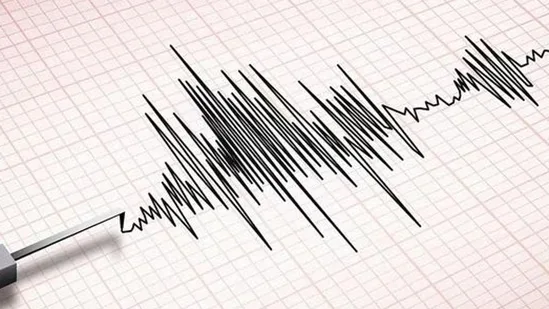What is Tourrette syndrome?
Sadly there is no cure to this condition but treatments can provide help

Tourette syndrome is a condition that involves repetitive movements or undesirable sounds (tics) that individuals with syndrome can’t control easily. But it is neurological it’s not a mental health condition.
So if you find anyone who repeatedly blink their eyes, shrug their shoulders or blurt out odd noises or offensive words, chances are they have this condition.
Tics commonly begin to occur between ages 2 and 15, with the average being around 6 years of age. Males are about three to four times more likely than females to develop Tourette disorder.
What makes this disorder more difficult to handle is the fact that there’s no cure for Tourette syndrome. Many people with Tourette syndrome don’t require treatment since symptoms aren’t too difficult. Sometimes, when these people reach their teenage, tics often are decreased or become controllable.
There is also a movie called Front of the class on Tourette syndrome. The protagonist has uncomfortable tics which tend to increase when he is nervous or when he senses that he is accepted among people.
The movie gives the idea of what it is like to be someone with this syndrome where a lot of people can’t understand and accept those with it.
Brad Cohen, the protagonist of the movie held his hopes high and remained determined to achieve his most desired aim in life: to become a teacher.
This movie circles around the struggle people with Tourette syndrome make their entire life.
Symptoms
Tics are sudden, brief, intermittent movements or sounds. They are the sign of Tourette syndrome and can range from mild to severe. Serious symptoms might significantly interfere with communication, everyday functioning and quality of life.
There are Symptoms of Tourette syndrome which can be categorised as:
Simple tics and complex tics.
Simple tics are abrupt, quick and redundant that involve a limited number of muscle groups. However, Complex tics involve various, coordinated patterns of motions by several muscle groups.
You can recognise this condition if you see tics involving movement (motor tics) or sounds (vocal tics). Motor tics often start before vocal tics. But the spectrum of these tics is myriad.
Before the beginning of motor or vocal tics, people feel an uneasy bodily sensation (premonitory urge) like an itch, a tingle or tension. However, it increases if you try to stop these tics which is why the expression of the tic brings comfort. Just like a sneeze that we can’t control, tics are similar to sneezes or hiccups. People only with extensive effort can temporarily control them.
When should you see a doctor?
If this happens to your kid and you notice your child exhibiting involuntary movements or sounds then see a pediatrician.
However, you should also know that not all tics imply Tourette syndrome. Some kids have tics that vanish on their own after a few weeks or months. But whenever a child indicates extraordinary behaviour, it’s vital to recognize the factor and rule out severe health problems.
















